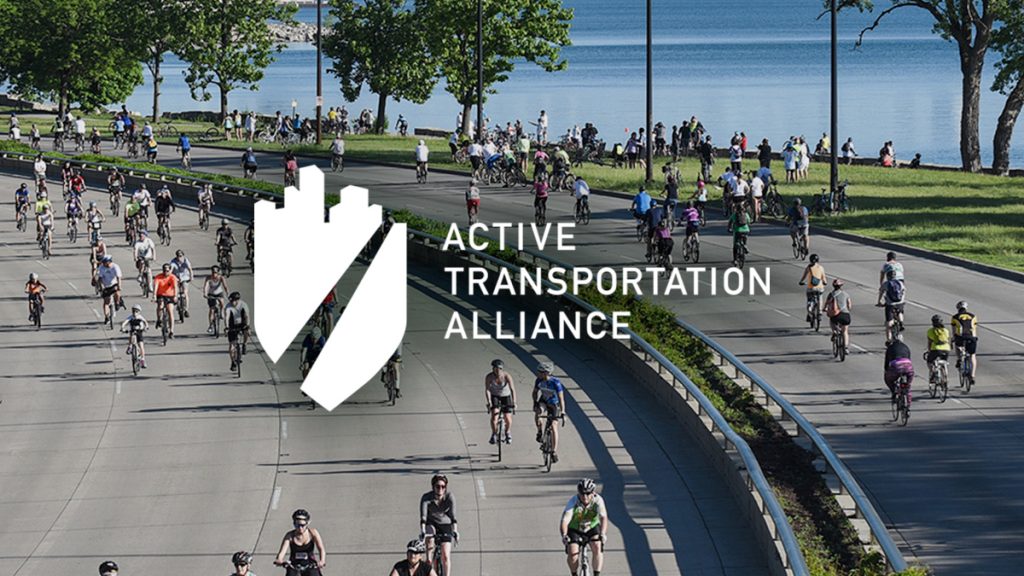A new report highlights the lack of connectivity in our regional transit system and demonstrates the need for increased investment to avoid falling further behind our peer cities throughout the world.
The report draws further attention to the region’s shortcomings in public transportation on both national and international levels. It’s part of an international series on regional development by the Paris-based Organisation for Economic Co-operation and Development (OECD).
OECD criticizes the lack of transit connectivity between the city of Chicago and surrounding suburbs, noting that even though 36 percent of Chicagoans work outside of the city and 46 percent of the workers in Chicago live in the suburbs, the current hub-and-spoke transit system does not support many of these regional commuters.
Downtown, the Metra does not always connect well to the CTA, and there are limited bus routes near suburban rail stations. A commuter can get from their suburban station to downtown and vice versa fairly easily, but getting from their house to the station and the station to work is often a difficult trek.
Our transit spending is lagging, too. Compared to Chicago, London spends five times more on transit while New York City spends three times more.
If Chicago wants to remain competitive in the global economy and continue to attract young residents and encourage businesses to grow, we need to reexamine how we fund and plan our transit system. We cannot afford to fall further behind.
Our Transit Future campaign is set to address these issues of connectivity and development highlighted in the report.
In partnership with the Center for Neighborhood Technology (CNT), our goal is for the Cook County Board of Commissioners to establish a dedicated revenue stream to fund new sustainable transit lines and reinvest in our existing system. It will expand CTA lines within the city and bring them further into the suburbs.
Transit Future will also create bus and arterial rapid transit routes that better serve both suburban and urban job centers, schools and recreational areas. As a result, the region will become more economically competitive while increasing Chicagoland’s environmental sustainability and overall livability.
We need your help! Sign our petition to pledge your support for Transit Future and urge Cook County commissioners to build a more connective Chicagoland. You can also volunteer to help spread our message and help organize transit supporters in your area.
This blog post was contributed by Sydney Prusak, an Active Trans advocacy intern.

